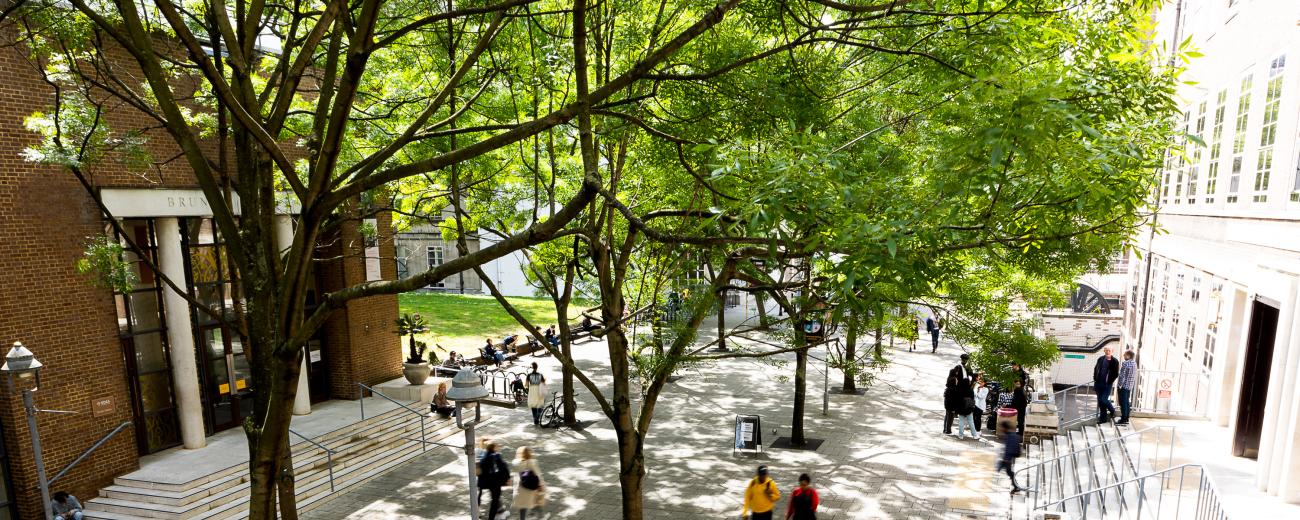Committing to a sustainable future at SOAS


Sustainability at SOAS took centre stage at an event held on campus last week, as a panel of experts discussed the vast scope for sustainable impact in higher education. The event was designed to bring together the SOAS community, to strengthen our vision on climate justice and sustainability and to discuss concrete steps towards putting this vision into action.
SOAS is approaching sustainability with a wide lens, investigating how not only our education and campus environment, but research, partnerships and community engagement can contribute to promoting climate justice and sustainability.
In her opening remarks, SOAS Provost and Deputy Vice Chancellor Joanna Newman outlined the importance of higher education in facing the challenges of our time; “If you look at the Sustainable Development Goals, there isn’t one that can be achieved without the role of higher education. However, higher education will only survive in its authentic form - in our mission of transforming the world and making it a better place - if institutes all over the world contribute both their local and national knowledge.”
Research, teaching, the estate and strategy were also discussed as part of the event. Dr Ros Taplin, Reader in Environmental Management, spoke on the value of bringing experience into the classroom and the importance of SOAS contributing to this field.
“The idea is for students to be working with staff to focus on real world issues and their solutions ... Some SOAS students are from countries that already have lived experience of the climate crisis, this is about sharing that experience and finding ways that we can bring that experience into the classroom.”
Taplin’s insights, backed by a decade of research within environmental education and actionable research methods, link to climate change adaptation and mitigation, energy access and biodiversity impacts.
Higher education will only survive in its authentic form - in our mission of transforming the world and making it a better place - if institutes all over the world contribute both their local and national knowledge.
Dr Pallavi Roy, Professor in Political Economy, highlighted the importance of governance, and cautioned against transposing Western models of sustainability to the Global South. She said: “Sustainable research is designed in a way that the end policy is self-enforcing. When everybody leaves, are those processes still rolling?”
The event also provided an opportunity to highlight the sustainable outreach activities that Pallavi co-chairs on the Scaling Community of Practice group on Fragile States, and her extensive research of policy networks in countries including Nigeria and regions of South Asia.
Last year, SOAS published a NetZero Strategy, setting out how we will become a net zero organisation by 2040. The Director of Estates & Strategic Programmes, Andrew Goodman, joined the panel to share our progress so far, highlighting the range of good practices being adopted across the campus such as upcycling and sustainable furniture, noting new carpet that had been laid using recycled tyres.
The event will help to inform the creation of a new Sustainability Strategy to ensure SOAS plays a key role in tackling climate change.


